Facing the truth, in any part of life, is tough. When faced with pain on an individual level, it’s in our human nature to want to run from it, or fight it, or simply deny it and forget it ever happened.
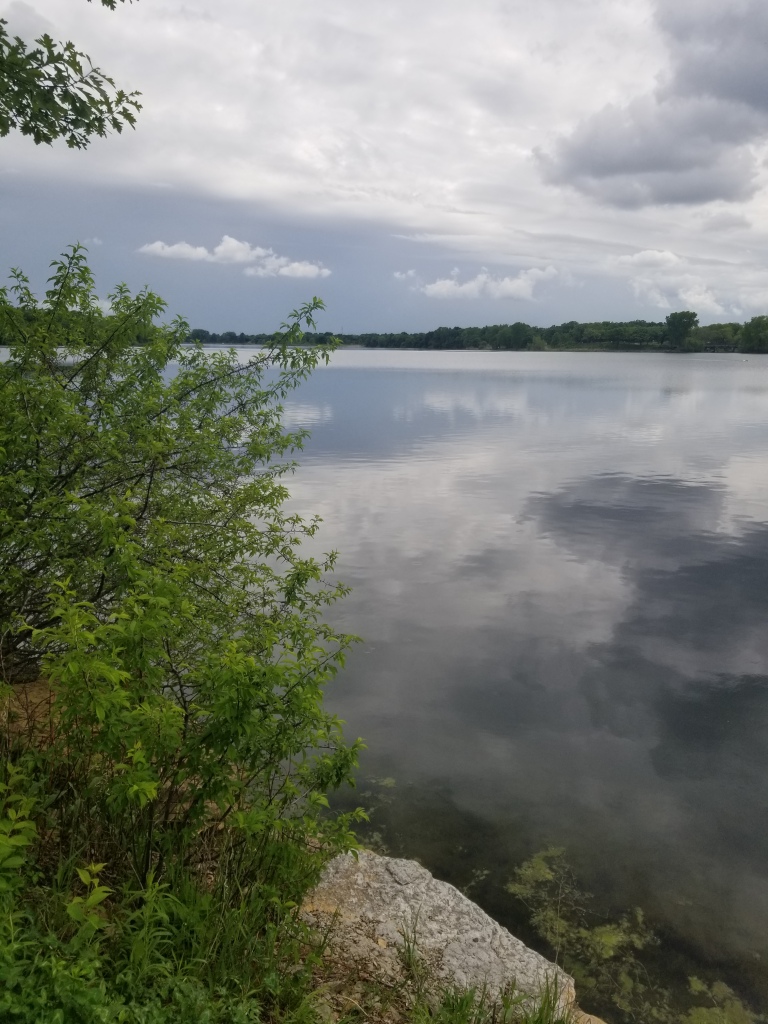
I think of all the times as a kid I ending up running from a problem or blaming someone else (likely my older sister, although it was likely not taken to be the truth!) or making something I did seem not nearly as bad as it actually was.
My point is, simply, facing the truth in ourselves, and in the world around us is difficult work.
It is also important work.
I have struggled to confront the truth, sometimes when it’s counted the most. Maybe, just maybe, you can relate.
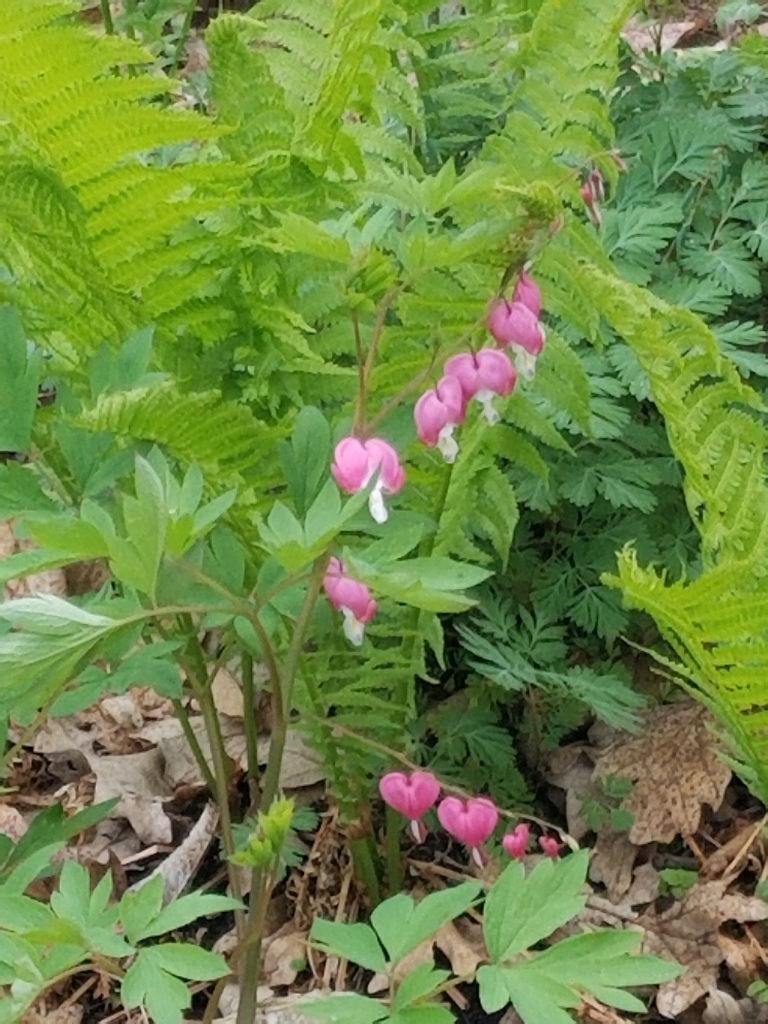
This past week was spent in a rollercoaster of emotions. Sadness, anger, confusion, anxiety, more sadness, more anger. Repeat.
Maybe, you can relate to this too.
The truth is in this blog series I have largely been silent about race and the inequities exposed by the pandemic. Maybe, I thought, since it was all over the news already it could be skipped over. But, I realize now that was a mistake.
The truth is a black man named George Floyd, who was a well-known, funny and kind community member who lived in South Minneapolis where I work and have called home, was brutally, senselessly murdered in broad daylight by a white Minneapolis police officer.
Three other officers stood there and watched…and did nothing.
If you have been watching the news at all this past week, this is not news to you. And, yet I still feel like to not remember him, to not say his name, would be yet another injustice.
The truth is none of this is new. Black Americans are more than twice as likely than white Americans to be killed at the hands of the police.
The truth is in Minneapolis black people are 13x more likely to die due to police violence than white people (as heard on Pod Save America by DeRay Mckesson)
The truth is….there is a lot of work to do.
“America is struggling to figure out who we are in this time of crisis, and it is only revealing that we have a long way to go to become the land of the free and home of the brave.” – Kaitlin Curtice, poet, public speaker, and author of “Native: Identity, Belonging and Rediscovering God”
How do we heal? Where do we move forward from here? How do I, as a white person, confront my own racism?
I am not sure. I don’t have the answers to these questions. These are ones that have kept me up at night this past week.
But, I do have some thoughts and ideas and reflections on my journey.
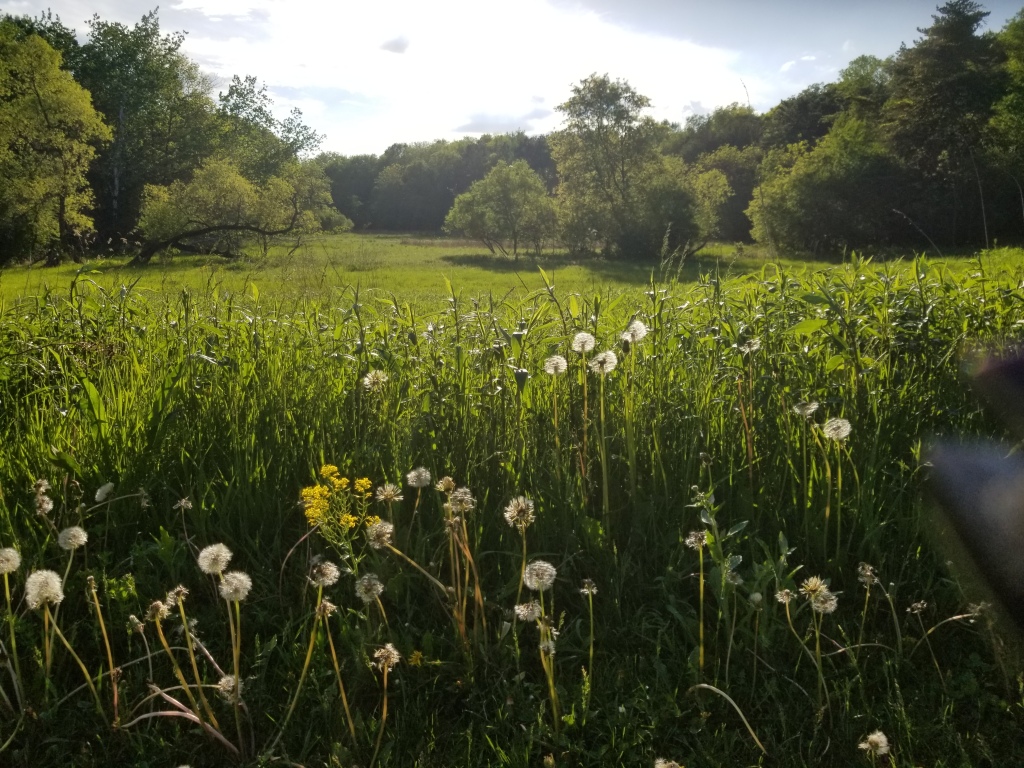
I believe much can be learned from those who have gone before us, particularly from those who were contemplative activists, firmly rooted in a faith and fostering inner peace and at the same time committed to righteous action for the greater good. Howard Thurman is one that comes to my mind being one of the great contemplatives in U.S. history. Thurman met with Gandhi in the 1930’s, only to go on and counsel Dr. Rev. Martin Luther King, Jr. as a quiet, yet powerful force in the civil rights movement.
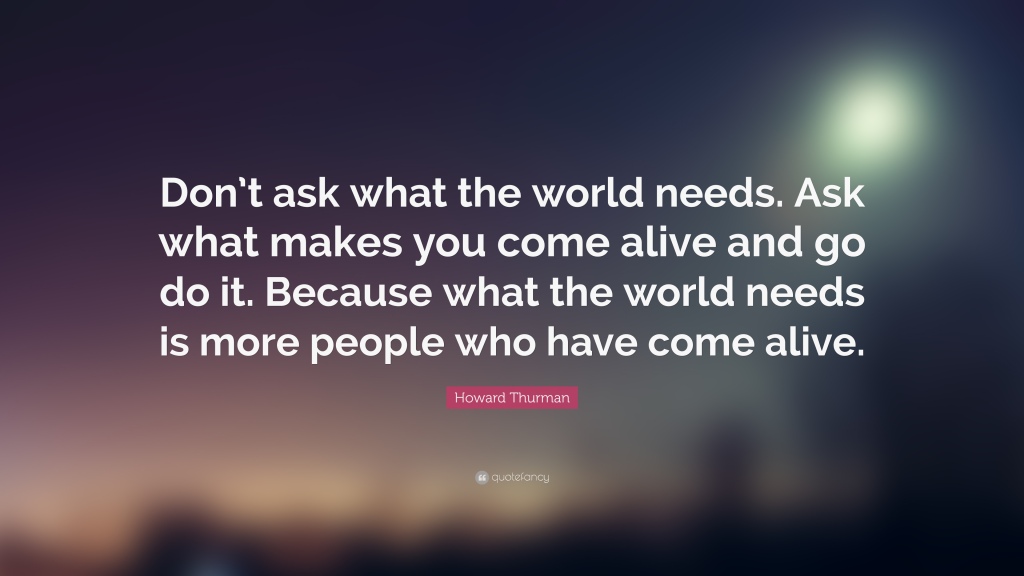
“Contemplatives are people who seek the whole, and therefore, live in liminal spaces. So, what then does it look like for us to come up against systems that oppress? We stand against those systems, not because we are looking for a good versus evil duality, but because we recognize that oppressive systems do not see the whole, they themselves are working in dangerous dualities that dehumanize…. We stand in these spaces not to claim rightness, but to claim wholeness.” – Kaitlin Curtice
To read Curtice’s entire article about contemplative activism, click here
If you are a white person, like me, who is seeking out ways to learn and grow more in your own understanding of race, consider some of these books, articles or documentaries below:
Video Clips/Documentaries
Bird-watching while black and Drew Lanham: Hope Is the Thing With Feathers are very short, engaging mini-documentaries created by National Geographic starring J. Drew Lanham, a professor of wildlife ecology at Clemson University, and Jason Ward, an avid bird watcher from the Bronx talk about being a ‘birder of color’ and finding hope in bird-watching.
PBS’s “Race The Power of Illusion” An extensive, historical account of the way race has shaped the U.S., the places we live, and how “colorblind policies” have exacerbated these racial inequities
“I Am Not Your Negro” This movie follows James Baldwin’s personal account of the lives and assassinations of three of his close friends: Medgar Evers, MLK and Malcolm X. I haven’t seen this one yet, but have heard only praise and that’s it is very powerful.
Articles and Books
“White Privilege: Unpacking the Invisible Knapsack” by Peggy McIntosh – this is less of an article and more of an activity to help sort through your own privileges. The first time I did this I was pretty startled by all the privileges I have never realized were privileges of being white. A great place to start if you’re just diving in to learning about race and privilege.
“The Long, Painful History of Police Brutality in the U.S.” by Smithsonian Magazine – this is actually quite a brief article that cover quite a lot. A good, worthwhile overview linking the history of the Black Lives Matter movement to the civil rights movement in the 1960’s
“A Different Mirror: A History of Multicultural America” by Ronald Takaki – This book is a great place to start if you are looking to re-educate yourself more fully on the history of the U.S. told through the lens of people of color instead of a white, male dominated one. Another historical account of the United States’ history told from the point of view of those largely omitted from history books is, “A People’s History of the U.S.” by Howard Zinn. It’s another thorough, practical and great read.
“A Good Time for the Truth: Race in Minnesota” edited by Sun Yung Shin, multiple authors – What is it like to live as a person of color in Minnesota? 16 of the state’s best writers answers the question. I love this book as each writer brings different lived experiences, but all address how “Minnesota Nice” often makes confronting racism, the nuances and subtleties of it even more difficult in the land of 10,000 lakes.
The New Jim Crow by Michelle Alexander – an eye-opening, sweeping historical investigative account told by a civil rights lawyer who went through her own personal transformation of seeing the criminal justice system as individual acts of racism to a well-orchestrated, intentionally harmful institution for black folks and people of color. As Alexander says “we have not ended racial caste in America; we have merely redesigned it.”
Small Great Things by Jodi Piccoult – a fictional novel based on real-life events, Piccoult chronicles the lives of 3 people: an African-american labor and delivery nurse, a white supremacist, and a well-meaning, white woman public defender. She does a brilliant job of exposing the complexities of race, some of the daily injustices people of color face, and as always the ethical and moral dilemmas of just being human.
More Reads
If you’re looking for more reads than the ones listed above, I recommend checking out what’s been on my bookshelf these past few months as well. Ta-Nehisi Coates, Louise Erdrich, and Kao Kalia Yang are among some of my favorite authors whose characters and stories unfold within the realities of race in America.
Some other books that are on my “to read list” include: “White Fragility: Why It’s So Hard for White People To Talk About Racism” by Robin DiAngelo and “They Called Us Enemy” by George Takei.
“The journey of racial justice is a marathon, not a sprint”
anonymous
Rest and Finding Solace
“Meditations” Album by Jon Batiste and Cory Wong – I have been listening to this album as one takes medicine when they are sick. Listen to this. And unplug for a few minutes while you are at it.

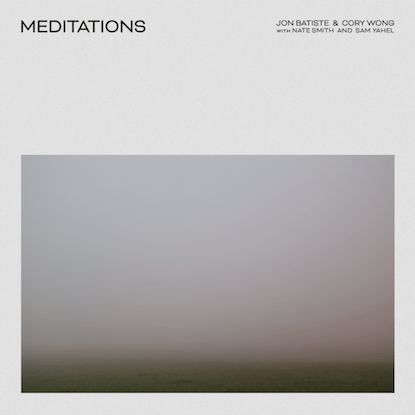
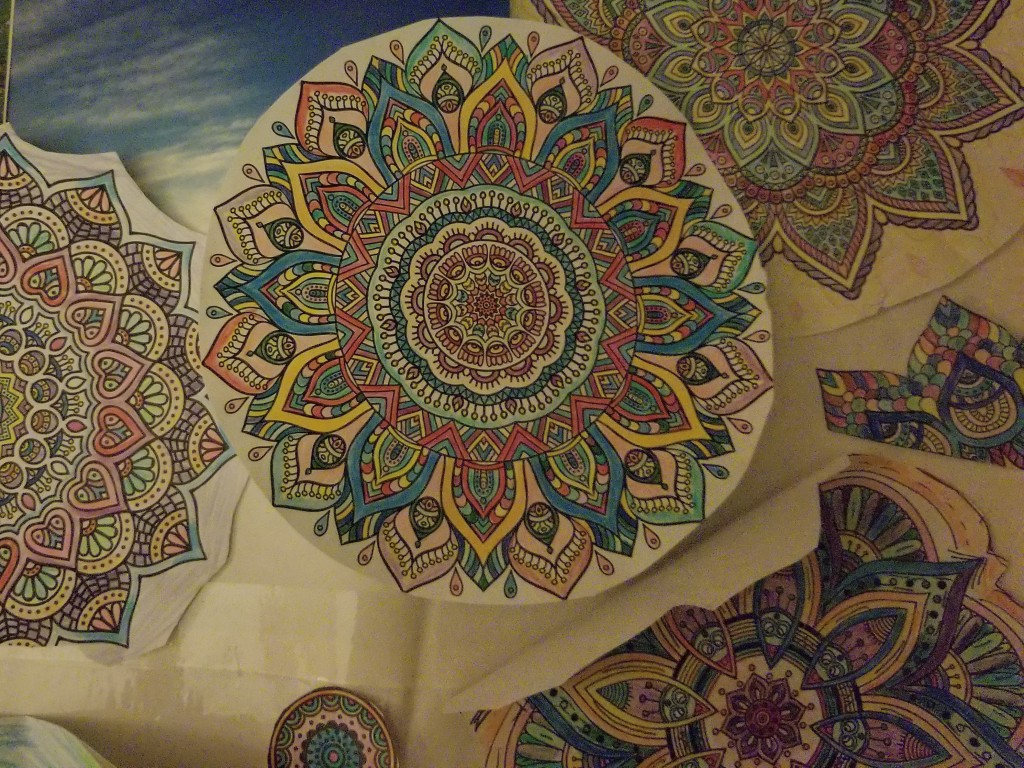
My way of finding and creating some peace back in 2017: Mandala drawings and a collage
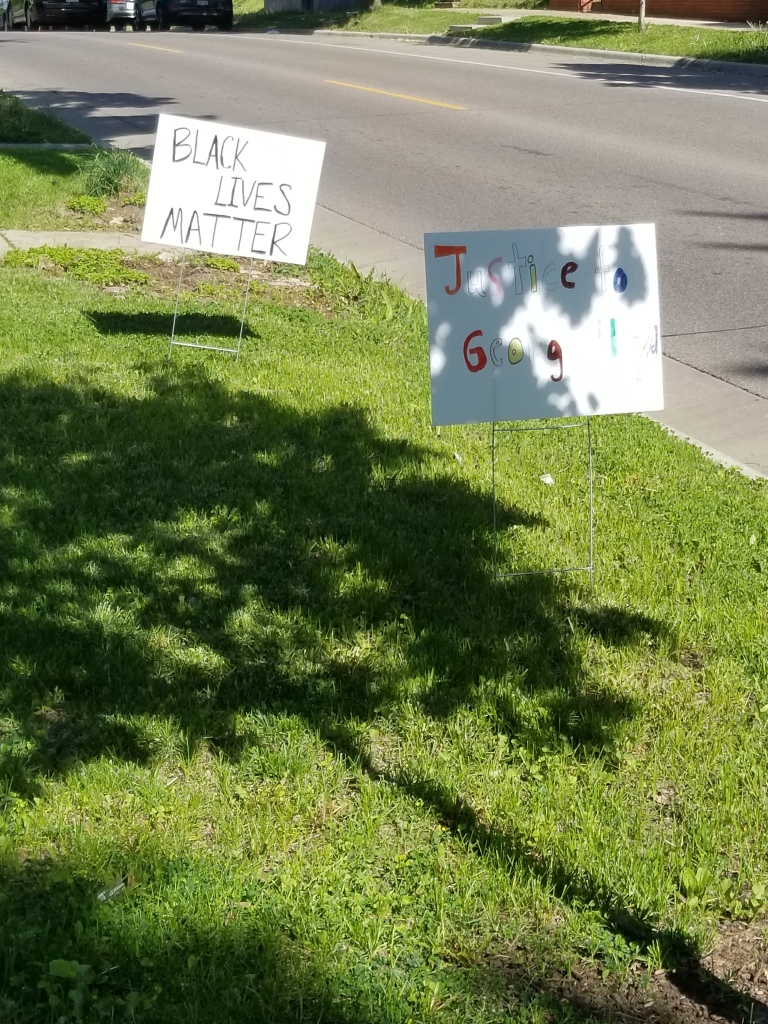
“Remember” by Muscogee poet laureate Joy Harjo
Remember you are all people and all people are you.
Remember you are this universe and this universe is you.
Remember all is in motion, is growing, is you.
Remember language comes from this.
Remember the dance language is, that life is.
Remember.
May this coming week give you the strength and courage to continue confronting the terrible truths that must be uncovered within ourselves, and within our country, to become truly just and fully whole.
Take good care of yourselves, and of those around you too.
Author’s Note: This was written from my perspective as a white, cisgender woman living in the U.S. All thoughts, opinions and reflections are my own.
Sarah, Thank you for continuing to teach me so much.
KARI STEVENSON SPANISH INSTRUCTOR INTERNATIONAL CLUB ADVISER WACONIA HIGH SCHOOL ADJUNCT FACULTY UNIVERSITY OF MINNESOTA o 952-442-0670 ext. 4201 WACONIA PUBLIC SCHOOLS • ISD110 EXPLORE YOUR PASSIONS. CREATE YOUR SUCCESS.
Thank you for sharing this and all the great resources to continue learning and educating ourselves!